Censoring This Documentary Only Plays Into AIPAC’s Hands
West Hollywood scraps a screening of "1948," accommodating an ally of the American Israel Public Affairs Committee and stifling free speech.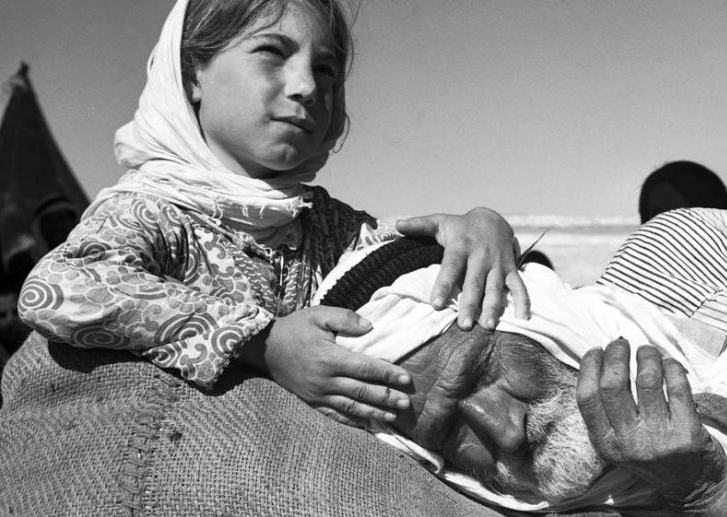 A scene still from "1948: Creation and Catastrophe." (screengrab)
A scene still from "1948: Creation and Catastrophe." (screengrab)
On Wednesday, in keeping with its image as a progressive leader in social policy, the City of West Hollywood, Calif., was scheduled to host a film screening and panel discussion on the painful birth of Israel and the Palestinian refugee crisis. Instead, the city is playing censor, “postponing” the event until further notice.
The screening of the new documentary, “1948: Creation and Catastrophe,” and panel, which I was invited to join, are part of West Hollywood’s Human Rights Speaker Series, co-sponsored by PBS SoCal. But after spurious allegations of anti-Semitism by local rabbi Denise Eger, the city pulled the plug. City Council member Lindsey Horvath said she didn’t want West Hollywood to become a “refuge for hate.”
The real issue here, as it is increasingly in public forums and media across America, is who gets to tell the story. West Hollywood is taking the word of a constituent with a keenly vested interest—Rabbi Eger of West Hollywood’s Congregation Kol Ami is, after all, a staunch supporter of the American Israel Public Affairs Committee (AIPAC) and its efforts to lobby Congress and silence critics of Israel, often by accusing them of anti-Semitism. Rabbi Eger appears to have cut and pasted accusations against one of the film’s producers, Dr. Ahlam Muhtaseb, communications professor at Cal State-San Bernardino, directly from Canary Mission, a shadowy blacklist that targets critics of Israel. As the Forward reported in August, the anonymously funded Canary Mission “is now being used as an intelligence source on thousands of students and academics by Israeli officials with immense power over people’s lives.”
The West Hollywood City Council appears to be playing directly into an AIPAC-driven political agenda that conflates legitimate criticism of Israel with anti-Semitism. In many cases, calling someone an anti-Semite is an effective means to shut down open discussion. It is, however, a direct threat to free speech, which is why it’s long past time to stand up to this anti-democratic agenda.
The disingenuous claim that “1948” is anti-Semitic or promotes hatred is part of a broader effort to narrow the boundaries of “acceptable” discussion regarding Israel and Palestine. Recently, the commentator Marc Lamont Hill was fired by CNN for delivering a speech at the U.N. in which he suggested that the Holy Land would eventually become a single state from the Jordan River to the Mediterranean. Hill’s words were certainly provocative, but decades of Israeli settler colonization of the West Bank have undermined a “two-state solution,” and a single, democratic state of Israelis and Palestinians is hardly an idea to be muzzled by the thought police.
Even more troubling are the broad efforts to slap the anti-Semitic label on nonviolent, constitutionally protected calls to boycott Israeli institutions. The Boycott, Divestment and Sanctions movement, which has gained momentum in recent years, has prompted dozens of state laws and bills in Congress to impose civil and even criminal sanctions against groups that boycott Israeli products or institutions.
Some say the fears provoked by the recent wave of anti-Semitism, including the murder of 11 Jews in Pittsburgh’s Tree of Life synagogue, is reason enough to curtail criticism of Israel. As someone who has spent years working in Israel, and many hours interviewing Holocaust survivors for an oral history project of the U.S. Holocaust Memorial Museum, I have long known those fears to be legitimate. But exploiting that fear can be cynical. It is not legitimate to label critics as anti-Semites when they advocate a boycott of, say, Caterpillar, whose Israeli military D-9 bulldozers have helped to reduce almost 48,000 Palestinian homes and other buildings to rubble since 1967.
As for “1948,” it is not clear whether those involved in West Hollywood’s “indefinite delay,” as one organizer calls it, have even have seen the film. I have. It is fair and even-handed in its telling of a wrenching, difficult history that features the perspectives of Israelis who saw the 1948 war as their War of Independence, and Palestinians who experienced it as their nakba, or catastrophe. The film includes stories of expulsions of Palestinians, which have been well-documented by Israeli historians. (I did much the same in my 2006 book, “The Lemon Tree.”) What the “1948” film does not do is simply repeat the triumphal narrative conveyed in Leon Uris’s “Exodus,” which a generation of Americans grew up reading. Uris’s account describes the birth of Israel in exclusively heroic terms, with the plight of “the Arabs” (i.e., Palestinians) conspicuously missing from the story.
For those exposed to this blinkered history, a deeper, more inclusive narrative can be challenging to accept. Yet isn’t the role of a democracy to promote difficult debate, and to help us face our collective history? The Dec. 12 forum was an opportunity for West Hollywood, which takes pride in its “impact on the national progressive public policy agenda,” to do just that. Instead, the city has placed itself, unwittingly or not, on one side of the debate, and chosen to stifle free speech and open discussion.
Your support matters…Independent journalism is under threat and overshadowed by heavily funded mainstream media.
You can help level the playing field. Become a member.
Your tax-deductible contribution keeps us digging beneath the headlines to give you thought-provoking, investigative reporting and analysis that unearths what's really happening- without compromise.
Give today to support our courageous, independent journalists.
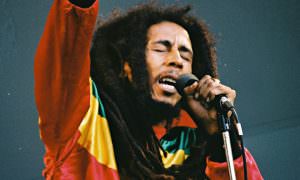
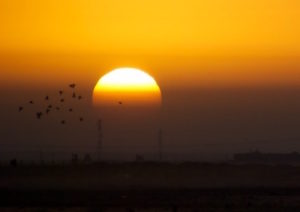
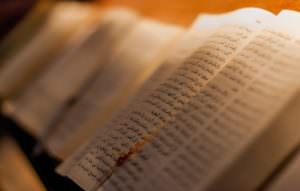
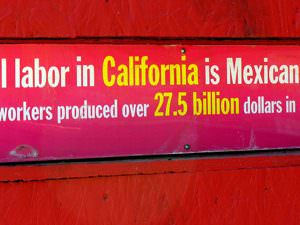
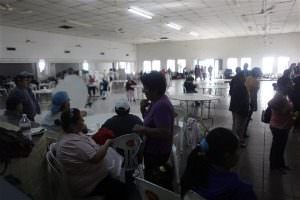

You need to be a supporter to comment.
There are currently no responses to this article.
Be the first to respond.